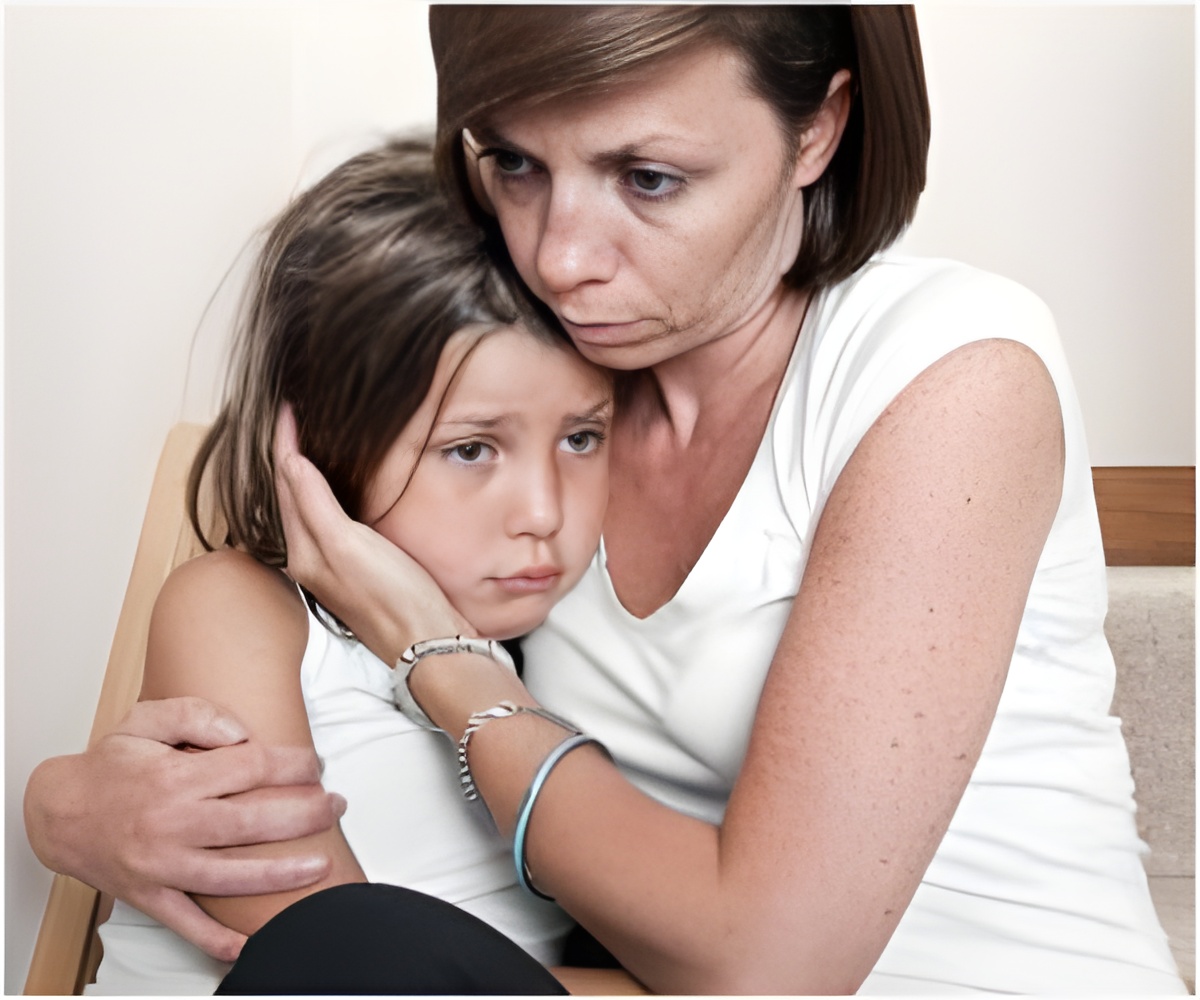Researchers globally are optimistic that family interventions can lead to a significant dip in cases of relapse amongst schizophrenic patients.

According to a new Cochrane systematic review, change in the behavior of family members may prove to be effective in treating schizophrenic people.
The researchers reviewed the subject and noticed that patients whose families received the interventions were less likely of a relapse. It has been observed that there is greater probability of relapse in people who have schizophrenia when their families exhibit high levels of hostility, criticism, and over indulgence towards them. New psychosocial interventions aim to reduce such potentially negative emotions, although their effectiveness has yet to be proved.
Data collected from 53 trials involving 4,708 patients has been reviewed by researchers. The above said interventions lasted from six weeks to three years and it involved a variety of psychosocial techniques that aimed at reducing stress and levels of negative emotions. It also proposed at helping family members to solve patient’s problems.
During the trial, patients in control groups were given standard care and their usual drug treatments. Patients were assessed using a wide variety of different scales for general and mental health, behavior, social functioning, and quality of life.
Out of the 53 such trials, results from 32 depicted that for every seven patients whose relatives were given family interventions, at least one got benefited as compared to the control groups. There was also a significant drop in the hospital admissions over the year. Family intervention also improved patients’ social functioning and encouraged them to stick to drug treatment regimes.
Co-author of the study Dr. John Rathbone of the Health Economics and Decision Science department at the University of Sheffield pointed out that “We still need a better designed large study to settle arguments about this widely used therapy.” He further added, “Some of the important data within the studies that were reviewed were poorly reported and patients might have reason to feel let down by the research community in these cases.”









